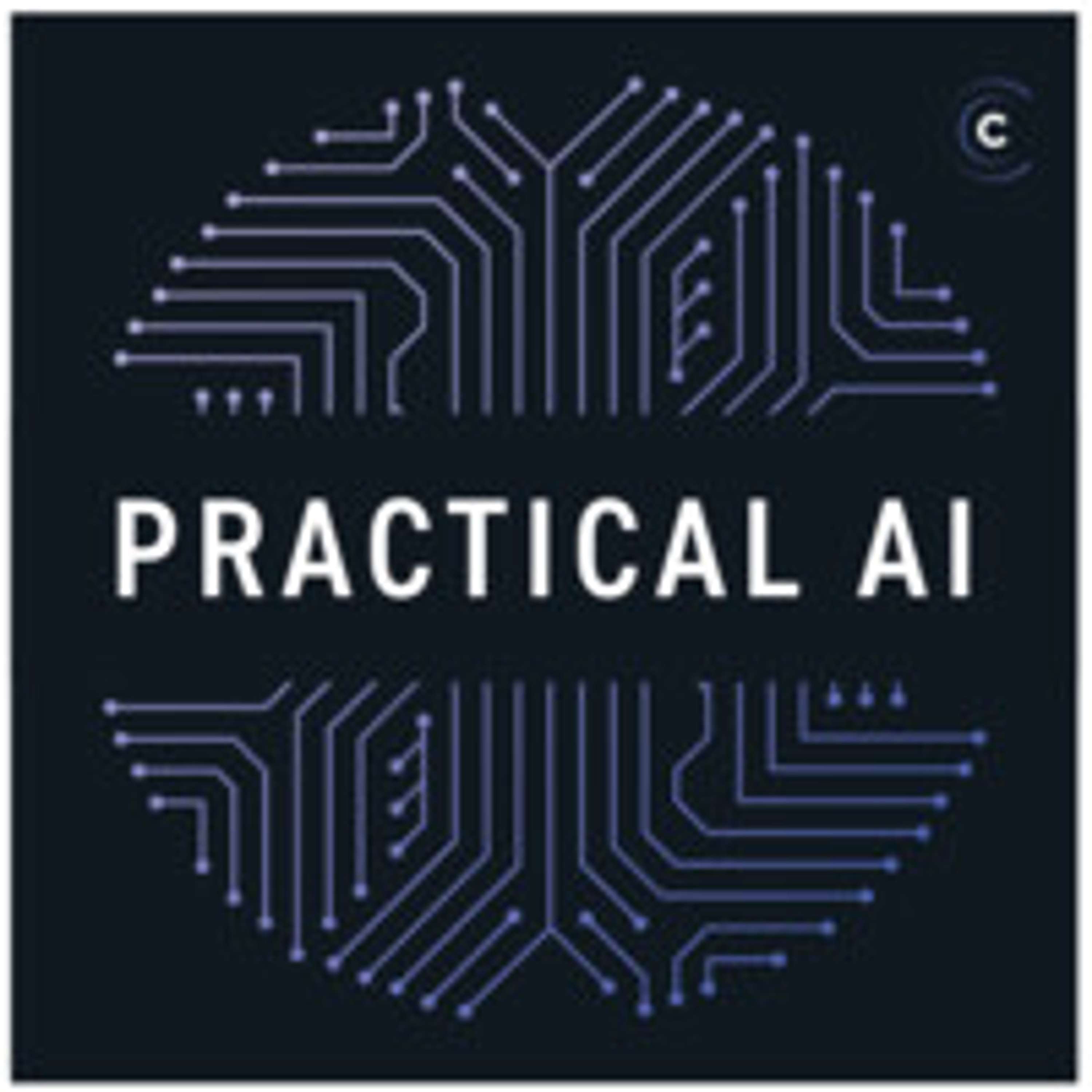
🤖 AI Summary
Overview
This episode explores the rapidly evolving landscape of generative AI orchestration, focusing on tools, platforms, and workflows that integrate AI into complex systems. Daniel Whitenack and Pavel Veller discuss EPAM Systems' Dial platform, MCP protocols, and the challenges and opportunities of working with AI agents in real-world applications.
Notable Quotes
- You don't want an agent to be asked to do something that you think you know, but you only really will know as you iterate through.
- Pavel Veller, on the importance of iterative workflows with AI agents.
- Correct by itself is not good enough. I want it to follow the same patterns and make sense for other developers who will come in after me.
- Pavel Veller, on the need for maintainable AI-generated code.
- Our ability to project into the future is linear, but technology evolves exponentially. I worry about how this will reshape the industry.
- Pavel Veller, reflecting on the broader implications of AI advancements.
🧠 Generative AI Orchestration and Dial Platform
- Pavel Veller introduces Dial, EPAM Systems' generative AI orchestration platform, describing it as a ChatGPT-like conversational application
that integrates AI tools and workflows into a centralized ecosystem.
- Dial enables businesses to consolidate AI functionalities, reducing redundancy across teams and creating a unified entry point for AI-powered processes.
- The platform supports interactive elements like UI components and forms, allowing users to engage with AI beyond simple text-based interactions.
- Dial is open-source and designed to load balance across multiple AI models, ensuring scalability for large organizations.
🔗 MCP Protocols: Connecting Tools to LLMs
- MCP (Model-Connected Protocol) is described as a connective tissue
for linking large language models (LLMs) to external tools and systems.
- Pavel Veller compares MCP to the role of HTML and HTTP in connecting people to software, emphasizing its potential to standardize AI integrations.
- MCP servers allow LLMs to access functionalities like file system searches, CRM queries, and IDE operations without custom coding for each tool.
- The protocol simplifies orchestration, enabling AI applications to leverage diverse tools seamlessly.
💻 Coding Assistants and Developer Workflows
- EPAM Systems has developed CodeMe, an AI-driven coding assistant that ranks highly in SWE Bench competitions for solving open-source defects.
- CodeMe integrates with Dial via MCP, allowing developers to use specialized assistants for tasks like codebase analysis and architecture evaluation.
- Pavel Veller shares his experience using AI agents for coding, highlighting challenges like over-prompting and the need for iterative workflows.
- He emphasizes the importance of maintaining code quality and consistency for long-term collaboration, even when using AI-generated code.
⏳ Productivity and Emotional Dynamics of AI Workflows
- AI agents can significantly boost productivity by handling boilerplate tasks, but they also introduce new challenges, such as context switching and emotional frustration.
- Pavel Veller notes that while agents can accelerate workflows, they require developers to critically evaluate outputs, which can be mentally taxing.
- The shift to AI-assisted workflows may lead to more fragmented workdays, with developers juggling multiple tasks and agents simultaneously.
- Both speakers reflect on the need to adapt to this new dynamic and explore sustainable ways of working with AI.
⚙️ Challenges in AI Integration and Analytics
- Connecting tools to LLMs is technically straightforward, but making them useful in real-world contexts is far more complex.
- Pavel Veller discusses the limitations of single-dataset APIs and the importance of semantic layers for meaningful analytics.
- Democratizing analytics through AI requires overcoming hurdles like authentication, legacy systems, and orchestration complexity.
- The steep curve of building universally applicable AI solutions highlights the need for tailored approaches to specific business contexts.
AI-generated content may not be accurate or complete and should not be relied upon as a sole source of truth.
📋 Episode Description
In this episode, Daniel sits down with Pavel Veller, EPAM’s Chief Technologist, to explore the practical challenges of orchestrating many AI agents and managing connections to disparate systems/tools. Pavel shares insights from his hands-on work with agentic architectures and internal tools like "DIAL". Pavel also helps us understand things like MCP servers and why connecting assistants via APIs is easy—but making them useful is hard.
Featuring:
Links:
★ Support this podcast ★
